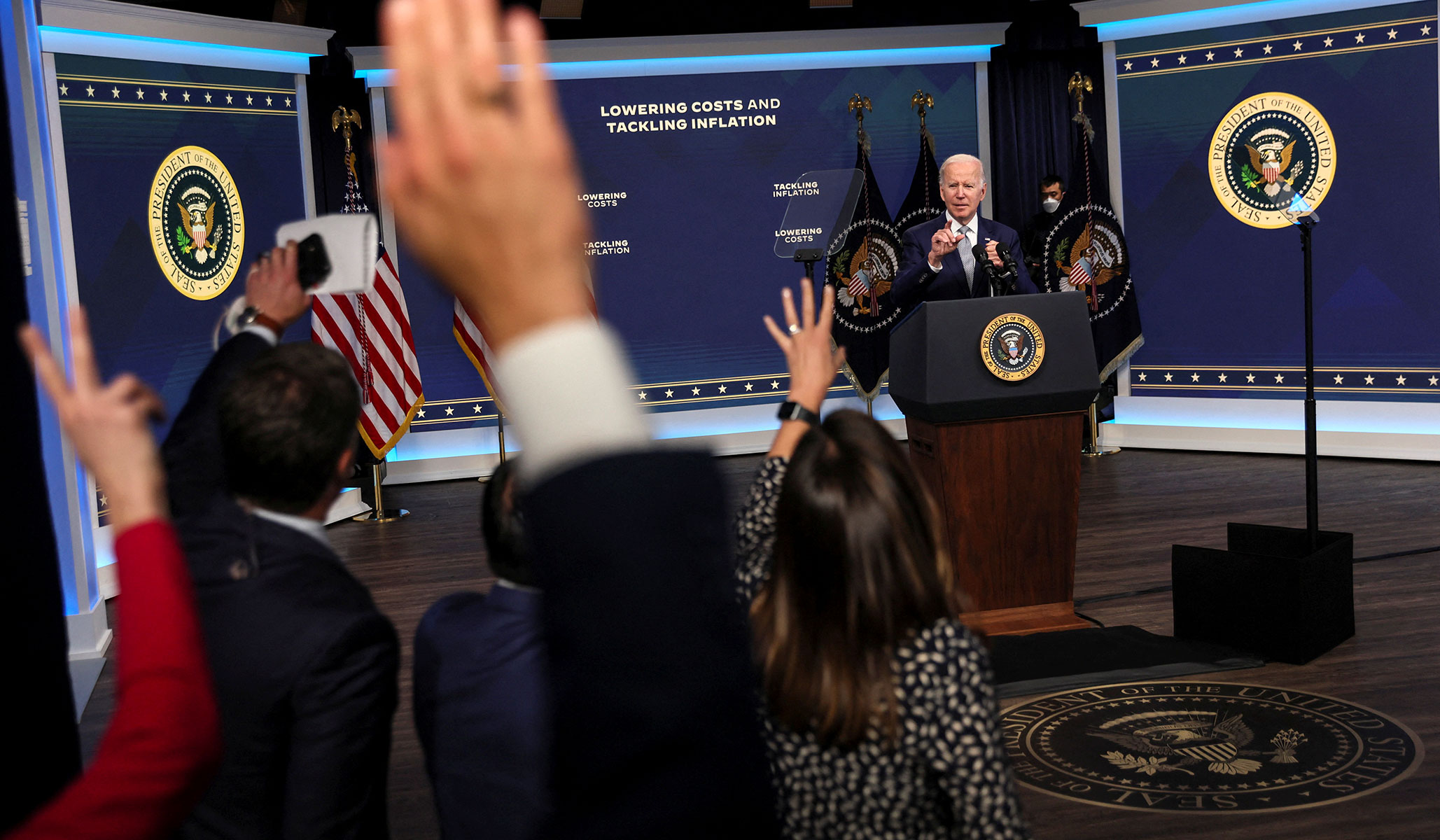- Joined
- Dec 15, 2005
- Messages
- 17,339
- Reaction score
- 27,242
- Points
- 8,756
- Location
- Home again
- Attending Physician
This is another unintended consequence of unlimited money. Universities weren't doing those things as some kind of indulgent wastefulness. They found themselves needing to compete to attract students (and their loan $) and boring academics don't sway teenagers as much as beautiful dorms and other amenities.The universities that took in billions upon billions of easy dollars and essentially used it for fancy landscaping and renovated lobbies should be required to give some of that money back.
The dorm I lived in back in the early 90s was an old squat building built decades earlier. We had air conditioning but one of the other dorms didn't. The dorms my kids have lived in the last 6 years or so are modern apartment masterpieces. I've toured college gyms nicer than the ones at 5 star resorts I've stayed in, with juice bars where you can get whatever supplement-boosted probiotic all-vegan soul-enhancing sustainably-farmed post-workout smoothie, personal trainers on staff, etc.
None of that stuff exists without a "customer" base that has unlimited funds.


